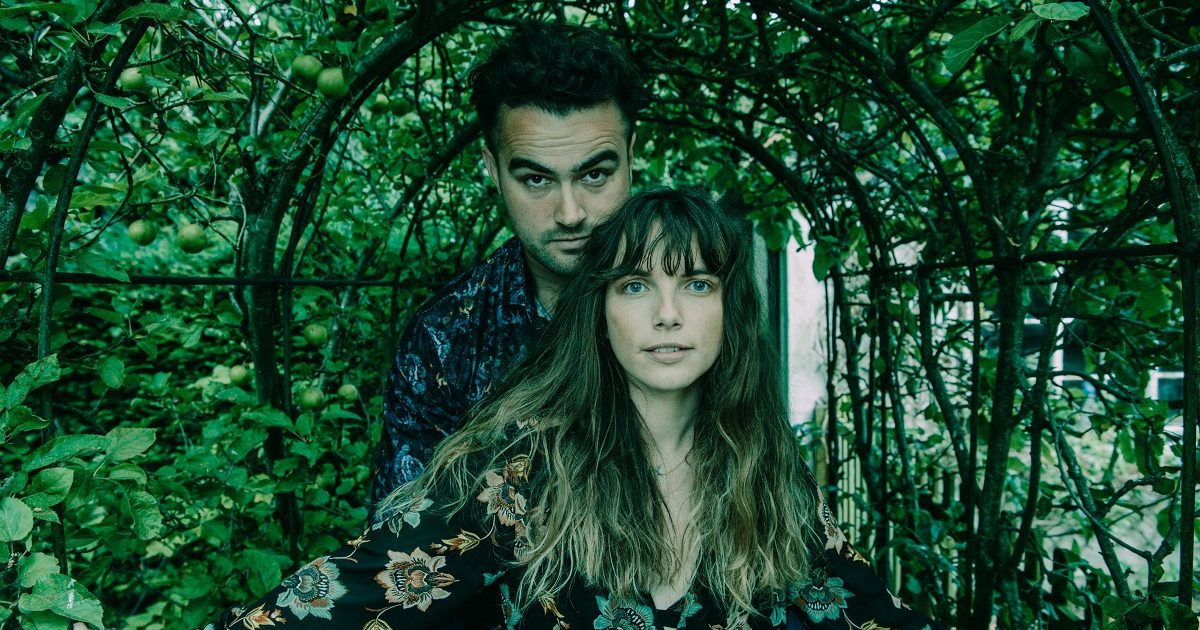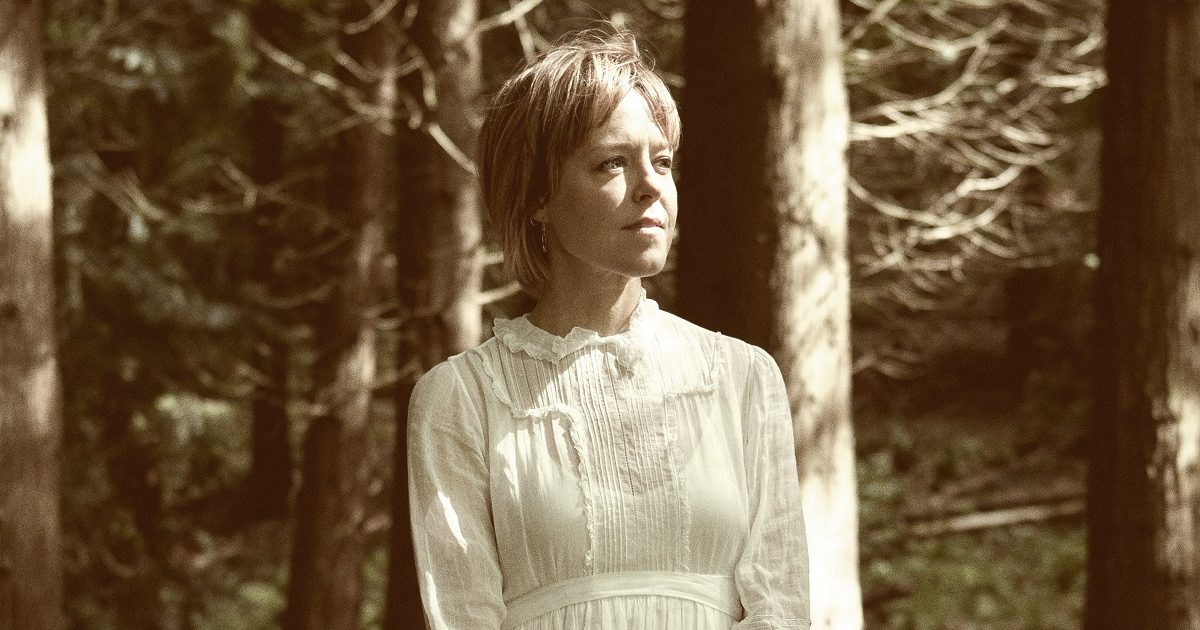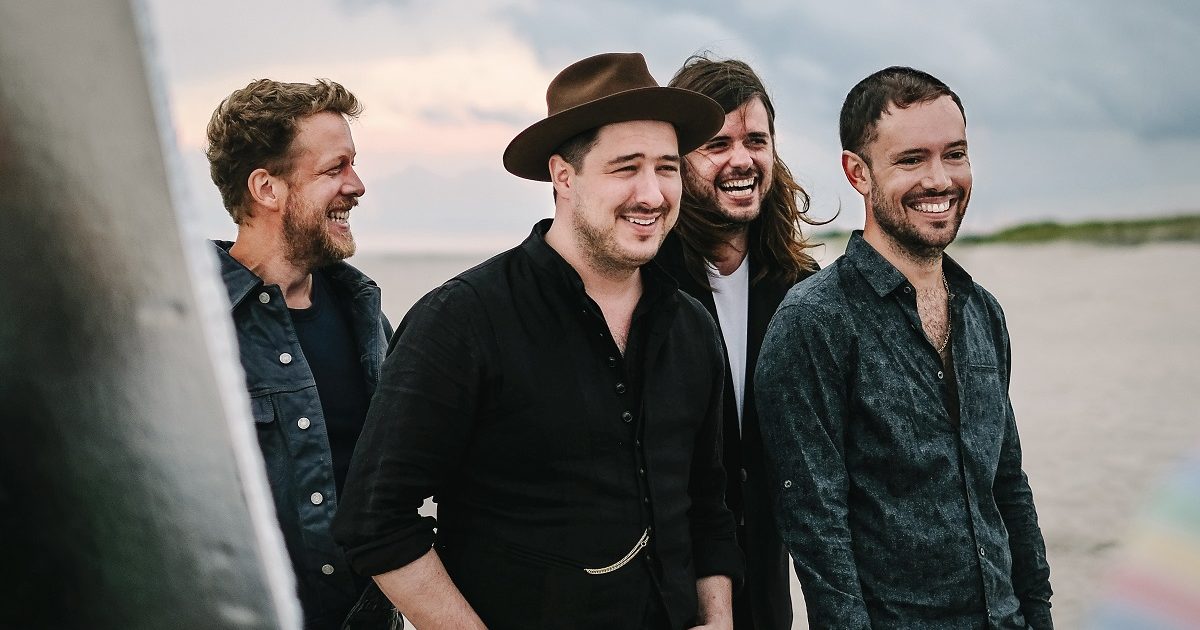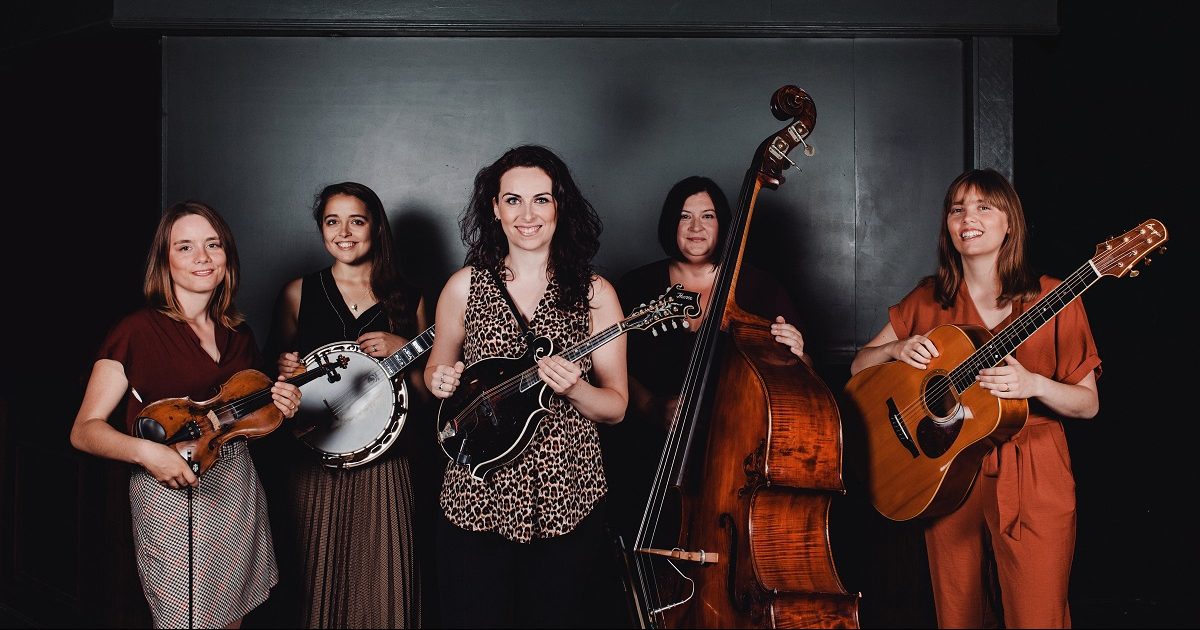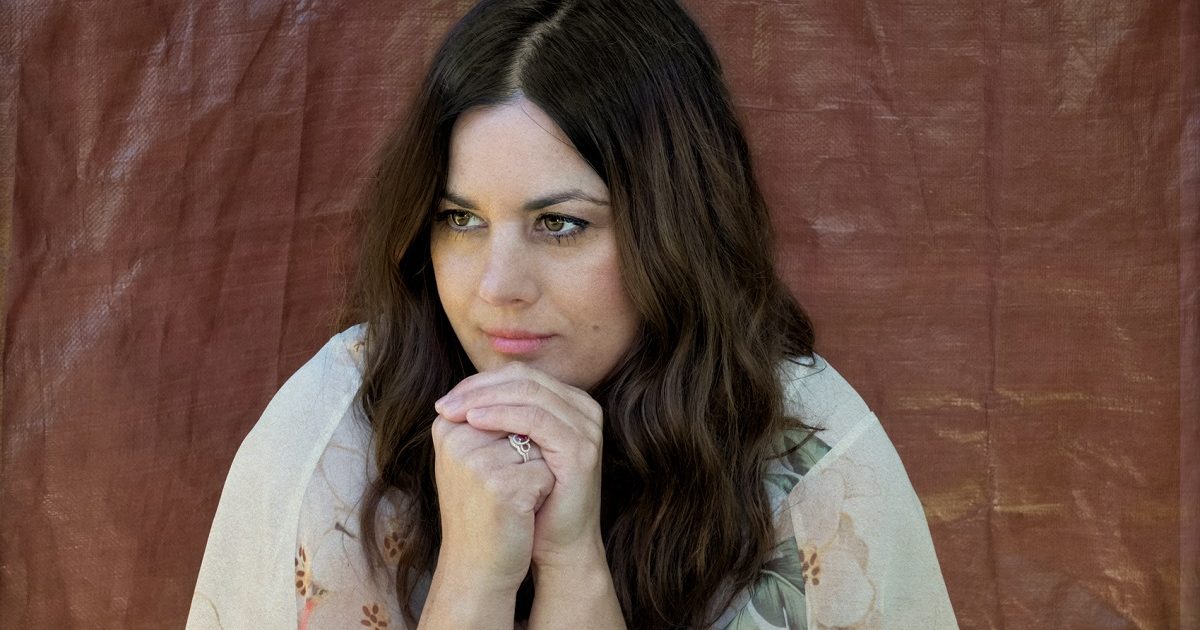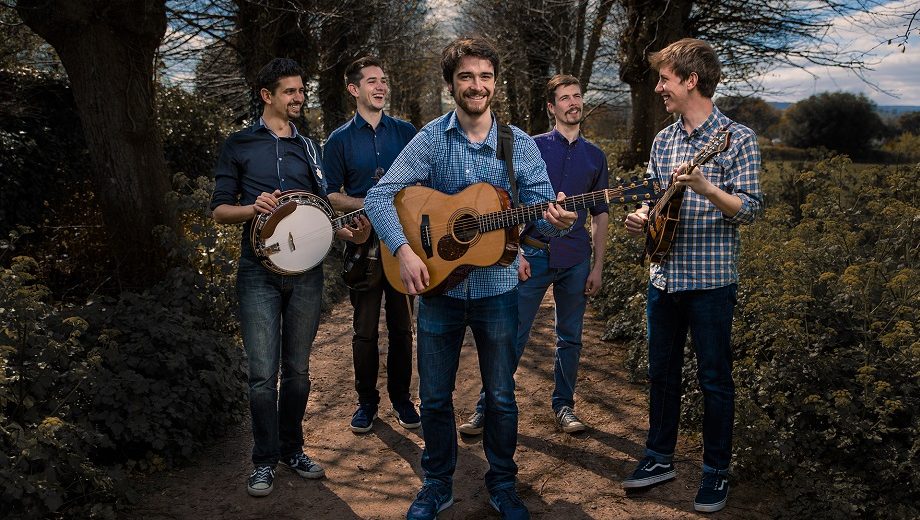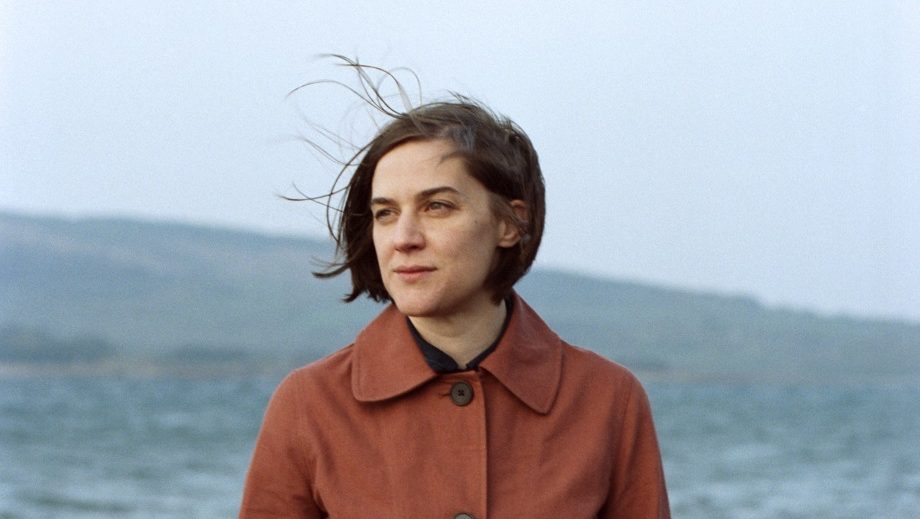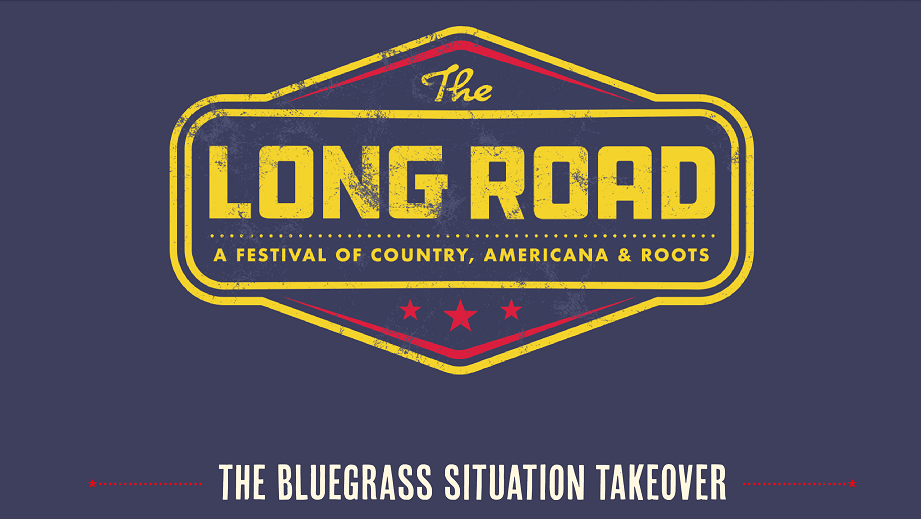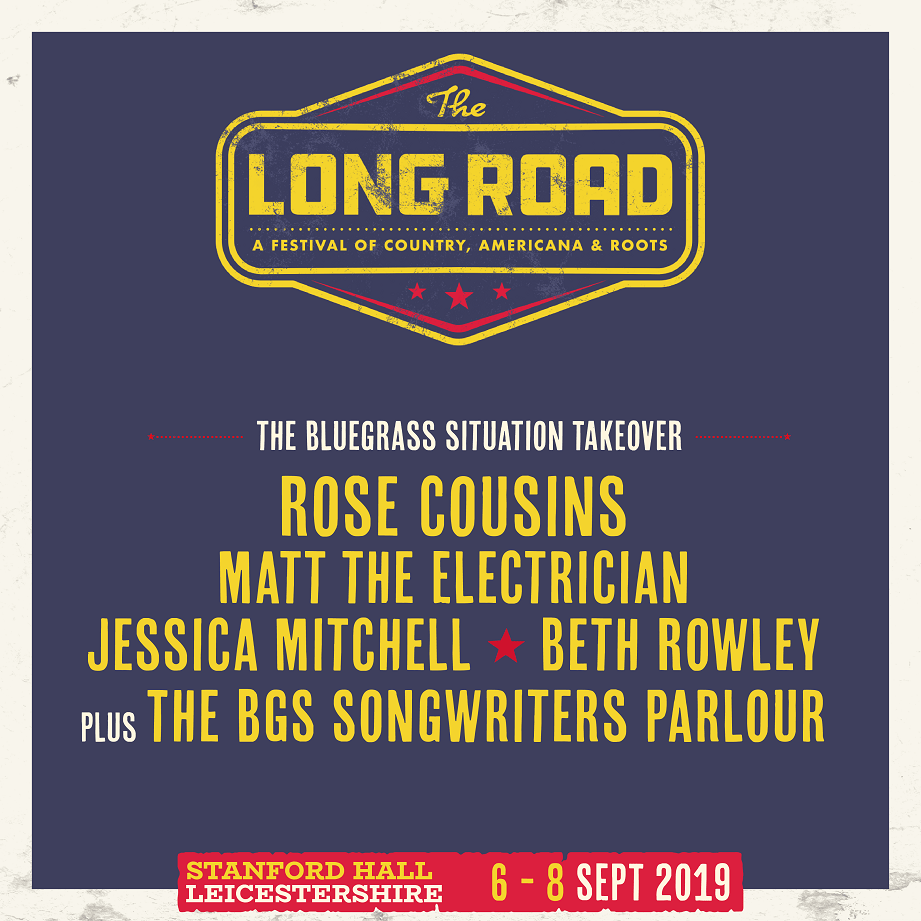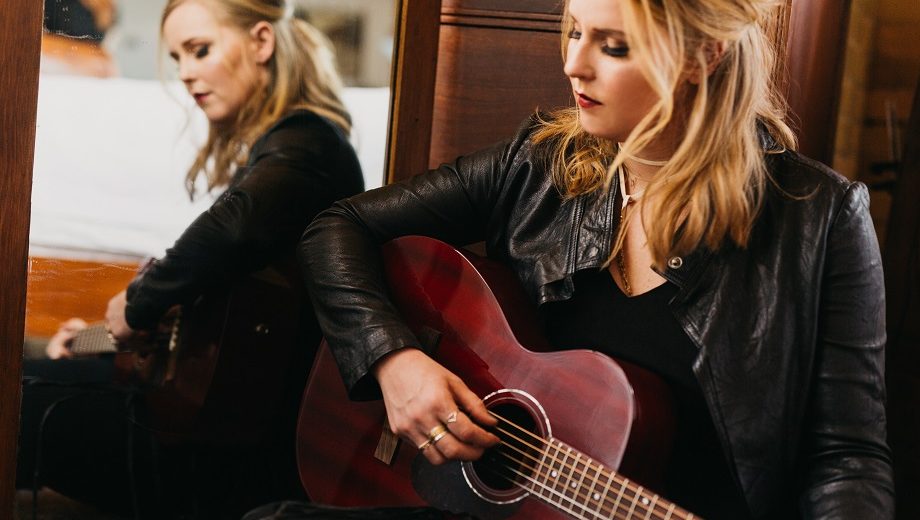Artist: Ferris & Sylvester
Hometowns: Somerset, England & Warwickshire, England
Latest Album: I Should Be on a Train
Personal nicknames: Ducky and Didi. Proudly named by Archie’s nephew, Buzz.
What’s your favorite memory from being on stage?
We’ve toured a lot over the past two years and have been lucky enough to see a lot of the world, from rooftops in Austin, Texas, to a hidden cove in The Faroe Islands. We’ve played to crowds of 12,000 and crowds of 12 and everything in-between. Probably one of our favourite moments on stage was playing Glastonbury last year. We played five sets across the weekend, one of which was in a weird, wonderful tent quite called The Rabbit Hole late on the Friday night. Naturally when you’re playing a big show, we had loads of technical problems and Archie’s kick drum pedal broke… Issy did a sing-along with the crowd whilst Archie got out a screwdriver to fix it. Archie then jumped off the stage, broke down the fence and went into the audience for his guitar solo. Meanwhile a man dressed as the mad hatter jumped up onto the stage and scared the hell out of Issy by pretending to chop her head off with an inflatable axe. THIS IS A TRUE STORY. Best show ever.
What rituals do you have, either in the studio or before a show?
We’ve really loved spending more time in our studio this year. Our studio is a small room, full of wonder with wallpaper covering the walls — no day in it is the same. One day, we’ll have the drums set up to record, the next day they’ll be replaced by a 1963 Hammond organ or a comfy red futon giving us space to write. Every corner is filled with something obscure. We love it in there. It’s where we’ve spent all of our days in the recent months and where our songs find their feet. Rituals include endless cups of tea, writing with pencils on yellow paper and recording dozens of voice notes on our phones. If we think a song is good, we’ll then spend hours crafting it and going over structure, melody and meaning. We’ll develop it in its simplest form, usually one guitar and our vocals. We’ll then work up the demo, experimenting with different instruments and sounds. This can take days. We sometimes get through five or six demos before record it properly. Other times, we stick with the first demo, knowing we captured something special and irreplaceable. It’s a lengthy process and we put everything into it.
We always warm up before a show, singing in harmony and getting in tune with each other. Lemon and ginger tea is a must. We then do a huddle with our band and sing “Cold Beer Conversation” by George Strait really out of tune. We don’t know why.
Since food and music go so well together, what is your dream pairing of a meal and a musician?
Ooh. Our two favourite things. For Archie (Sylvester), the dream pairing would be Django Reinhardt with Steak Frites sitting by the river in Samois-Sur-Seine (where Django used to live)… For Issy (Ferris), a plate of fried chicken and Little Feat. In Dixie Land.
How often do you hide behind a character in a song or use “you” when it’s actually “me”?
We try to be as honest as we can in our writing. We don’t so much “hide” behind characters, though we sometimes work from a place of reality and then play with it and make it something different, until only shadows of ourselves are recognisable in it. For instance, our song “I Should Be on a Train” isn’t really about us, but we definitely put our own frustrations as a couple into it. Getting caught up in the same toxic cycles with each other over and over again, mainly caused by stress or pressure that we put on one another. The song takes you through an imaginary scenario of a relationship ending, but concludes that it is just a thought and not a reality. We’ve never done a proper storm out on each other, never boarded a train… maybe a few slamming doors. But we worked with what we had, and took it somewhere else. We also play around with perspectives a lot. We can shift from “I” and “we” to “her,” “him” or “they” in a song, giving it layers and opinions. Again, we wouldn’t say we’re hiding, merely playing around within the story. It can be hard to expose your inner self in your songwriting, sometimes it can feel too revealing. But we always try and opt for truth.
What’s the toughest time you ever had writing a song?
Every writing experience is different and each song faces its own challenges. Probably the song which has existed in the most forms and been rewritten time and time again is “Sickness,” a song we released last year. It’s our favourite ever recording and we consider it to be one of our strongest songs. But it took over a year to get right. It first existed as a poem, then we recorded a very early demo which didn’t sit right. It didn’t have a structure and sounded so far away from the rest of our stuff at the time. We parked it and returned to it months later. We got a lot closer with next few demos, but it took a lot of time to develop it. When we took it into the studio, we were confident we’d got it right. But we had a change of heart in the session and decided it needed an extra verse and a new middle 8. We hid in Manze’s Eel and Pie House over the road from The Pool Studios in Bermondsey and wrote new lyrics, filling in the gaps. Ironically after such a lengthy writing process, we recorded it quickly on the last day of the session. Everything came together. Archie’s slide solo was recorded in one take, the vocals were recorded late into the night and were done in a few takes. It felt effortless, after all that struggle. We’re very proud of it.
Photo credit: Felix Bartlett
